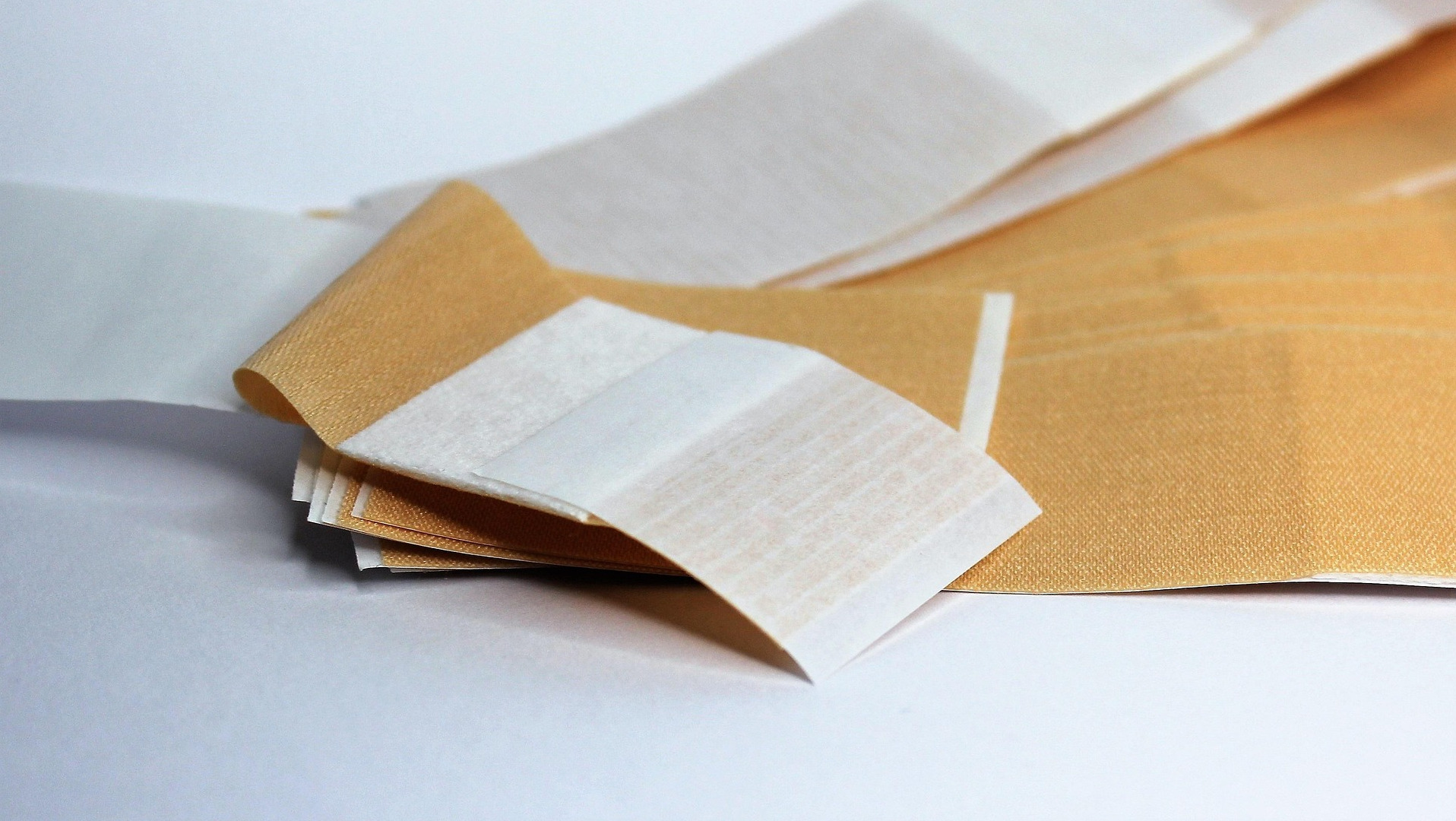Home Remedies for Abrasions
Abrasions, commonly known as scrapes, occur when the skin is rubbed or scraped off due to friction against a rough surface. While they are usually minor injuries, they still need proper care to prevent infection and speed up healing.
Common Causes of Abrasions
- Falls or accidents on rough surfaces
- Scraping against rough materials like concrete or gravel
- Sports injuries
- Minor bike or car accidents
- Rubbing from tight clothing or repetitive movement
How to Properly Treat an Abrasion
Initial Wound Care
- Clean the Wound – Gently rinse the abrasion under cool running water to remove dirt and debris. If necessary, use a mild antibacterial soap to cleanse the area.
- Stop the Bleeding – Applying light pressure with a clean cloth or sterile gauze usually stops the bleeding within a few minutes. Using a red washcloth when treating children can help minimize distress caused by the sight of blood.
- Apply an Antiseptic – Use antibiotic ointment such as Neosporin or bacitracin to protect against infection and promote healing.
- Bandage the Wound – Cover the abrasion with a non-stick bandage or sterile gauze to keep it clean. If the wound is in a hairy area, consider shaving around the wound before applying the bandage to prevent painful removal later.
- Change Bandages Regularly – Replace the bandage twice a day or whenever it becomes wet or soiled. Reapply antibiotic ointment each time.
When to See a Doctor
Seek medical attention if:
- The abrasion is deep, large, or excessively painful.
- There is severe swelling, redness, warmth, or pus, which may indicate an infection.
- The wound was caused by a dirty or rusty object, requiring a tetanus shot.
- The wound does not start healing within a few days or gets worse.
Lifestyle Tips to Promote Healing
- Eat a Balanced Diet – Nutrients like vitamin C, zinc, and protein help the skin repair itself more quickly.
- Stay Hydrated – Drinking plenty of water supports the body’s natural healing process.
- Keep the Wound Covered – Covering the wound protects it from dirt and bacteria while keeping it moist for faster healing.
- Avoid Scratching or Picking at the Scab – Picking at a healing wound can delay recovery and increase scarring.
Home Remedies for Abrasions
Most abrasions heal quickly and without complications with proper care and the right remedies. Keep your first aid kit stocked with essentials, and always prioritize cleanliness and protection when treating minor wounds.
Aloe Vera Gel
Aloe vera has antiseptic and anti-inflammatory properties that soothe the skin and promote faster healing. Apply fresh aloe gel directly onto the affected area multiple times daily.
Tea Tree Oil
Known for its natural antiseptic and antibacterial properties, tea tree oil can be diluted with water or coconut oil and applied to the wound with a clean cotton swab. It helps prevent infection and promotes healing.
Honey
Raw honey is a natural antibacterial and anti-inflammatory remedy that can protect against infection and aid in healing. Apply a thin layer over the abrasion before covering it with a bandage.
Chamomile Tea Soak
A mild chamomile tea infusion can be used to cleanse and soothe abrasions, especially if they cover a large area. Soak a clean cloth in chamomile tea and apply it to the wound for a few minutes.
Coconut Oil
Coconut oil contains antimicrobial and moisturizing properties that help prevent infection while keeping the wound hydrated. Apply a thin layer after cleaning the abrasion.
Epsom Salt Bath (For Larger Abrasions)
For larger abrasions, adding Epsom salt to a warm bath can help cleanse the wound and reduce discomfort. Follow up with a clean dressing.
Over-the-Counter Remedies for Abrasions
Antibacterial Ointments
Products like Neosporin, Bacitracin, or Polysporin help prevent infection and keep the wound moist for faster healing.
Petroleum Jelly
Applying a thin layer of petroleum jelly over an abrasion can prevent the bandage from sticking and help maintain a moist healing environment.
Hydrogen Peroxide (With Caution)
While hydrogen peroxide can help disinfect a wound initially, frequent use can delay healing. It’s best used only once for cleaning, followed by a gentler antiseptic like saline solution or antibacterial ointment.



